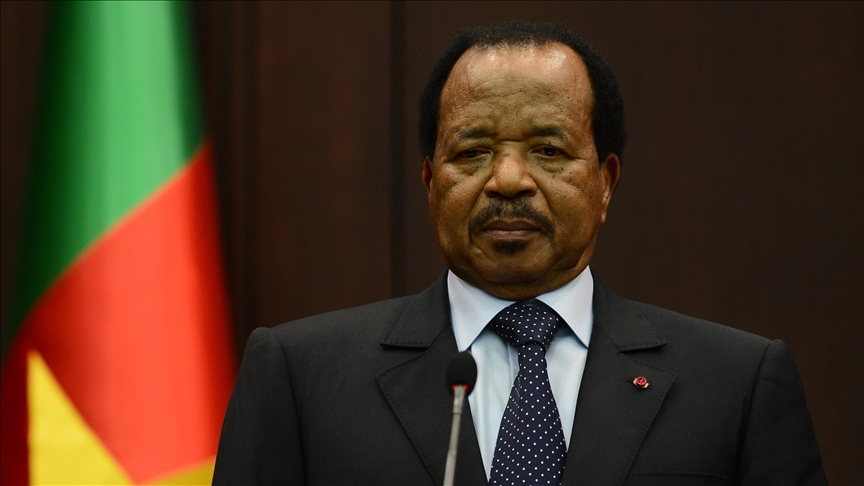Across Africa, some of the world’s oldest leaders continue to govern nations with the youngest populations, sparking rising demands for change and accountability from a restless generation of young people.
Cameroon’s Paul Biya, aged 92, remains the world’s oldest serving non-monarch head of state. In power since 1982, Biya’s rule has been defined by centralized control and constitutional amendments extending his tenure. Despite opposition challenges, he could again claim victory in the October 12 election in a country where the median age is just 19.
In Ivory Coast, 83-year-old Alassane Ouattara is seeking a controversial fourth term in the October 25 polls. His presidency, which began in 2010, has overseen economic growth but also political repression, with bans on protests and opposition exclusions in a nation where the median age is 18.3.
Other long-serving leaders include Teodoro Obiang Nguema Mbasogo of Equatorial Guinea, also 83, who has ruled since 1979, and Yoweri Museveni of Uganda, 81, in power since 1986. Both have faced criticism for suppressing dissent while governing countries with median ages under 22.
In Malawi, 85-year-old Peter Mutharika staged a political comeback in 2025 amid calls for reform in a nation grappling with poverty and climate shocks. Meanwhile, Emmerson Mnangagwa (83) of Zimbabwe and Denis Sassou Nguesso (81) of Congo have similarly faced protests over prolonged rule.
Even younger leaders like Nigeria’s Bola Tinubu, 73, govern youthful nations Nigeria’s median age is just 18 where frustration over unemployment and corruption runs deep.
The contrast between Africa’s ageing presidencies and its vibrant, youthful citizenry underscores a growing generational divide. As “Gen Z” Africans demand accountability, transparency, and renewal, the continent faces a defining test: whether leadership will finally reflect the energy and aspirations of its people.

